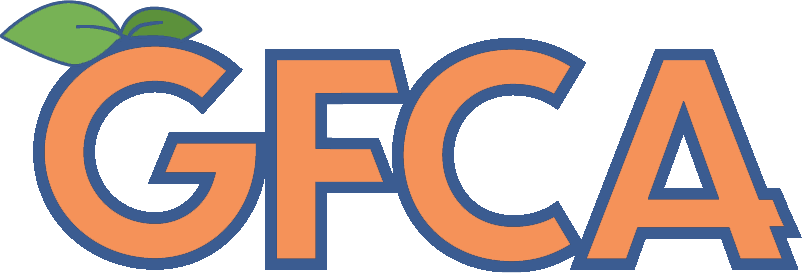Starting A New Program
We’re here to help!
The Director of Programs exists to help grow and sustain speech & debate programs around the state. Jeffrey is a middle school and high school debate teacher who can help you with any questions you have. Use the form below to email him any questions.
Get Connected
The GFCA has two ways to communicate with its members — the mailing list for formal notifications and the Slack for informal communication. Jamie can help get coaches connected on both of those as you are getting started.
Three Easy Steps to Get Your Program Started
Step 1: Determining Your School’s Membership and Connecting with Community Leaders
Each school should begin by determining what leagues are best for their school and their team. We recommend schools start with two primary memberships in your first season.
Joining a local league. The local governing body for Georgia speech & debate is the Georgia Forensic Coaches Association. Membership for the GFCA is an annual school fee of $100. Joining the GFCA allows schools to enter students in the First & Second Year State Championships, Varsity State Championships and Supplemental Asynchronous Forensic Activities State Championships. Joining the GFCA automatically adds you to the state communication list, although you can email the Director of Communications to be added to that list manually.
Joining a national association. The largest national association is the National Speech & Debate Association. Membership for the NSDA is an annual school fee of $149 for high schools and $75 for middle schools. The NSDA also includes an honor society for students and coaches, where membership is a one-time fee of $20 per student and $20 per coach. NSDA membership provides schools access to foundational resources that can be used in classrooms and practices. The NSDA is organized into geographic districts throughout the country - Georgia has two districts. To learn more about the NSDA for your school, you should reach out to a member of your respective district committee.
Georgia Northern Mountain District
Schools that are geographically located above I-20
Jamie Wills, Cherokee High School (chair)
Matt Bartula, Sequoyah High School
Mario Herrera, Midtown High School
Steven Wang, North Hall High School
Colton Major, Cherokee High School
Georgia Southern Peach District
Schools that are geographically located below I-20
Pamela Childress, Valdosta High School (chair)
Richard Bracknell, Carrollton High School
John McClellan, The Westfield Schools
Jeffrey Miller, Marist School
Lyndsey Oliver, Carrollton High School
Step 2: Determining Your School’s Competitive Events
Speech & Debate is simply an overarching term that encompasses many events for your students to choose. The Georgia Forensic Coaches Association currently sanctions and governs the following events.
Debate Events
Lincoln Douglas Debate
Policy Debate
Public Forum Debate
Speech Events
Dramatic Interpretation
Duo Interpretation
Extemporaneous Speaking
Humorous Interpretation
Impromptu Speaking
Informative Speaking
Original Oratory
Programmed Oral Interpretation
Student Congress
Supplemental Events
After Dinner Speaking
Broadcasting
Declamation
Expository Speaking
Original Spoken Word Poetry
Prepared Commentary
Pro-Con Challenge
Storytelling
Step 3: Determining Your School’s Competitive Calendar
Speech & Debate is the longest running season for a high school activity. We recommend planning your season backwards. Start by identifying what state championship(s) you would like your students to attend. For a first year program, the First & Second Year State Championship is an excellent first state championship to attend for you and your students as it is limited to only first and/or second year competitors.
After determining the state championship you’d like your students to attend, plan your calendar using the Tournament Calendar (keeping in mind different qualification rules for different State Championships). We recommend finding a balanced schedule that allows your students to compete in multiple months rather than just one singular month. As a new school, consider adding scrimmages to your schedule to provide your students free opportunities to practice before tournaments.


